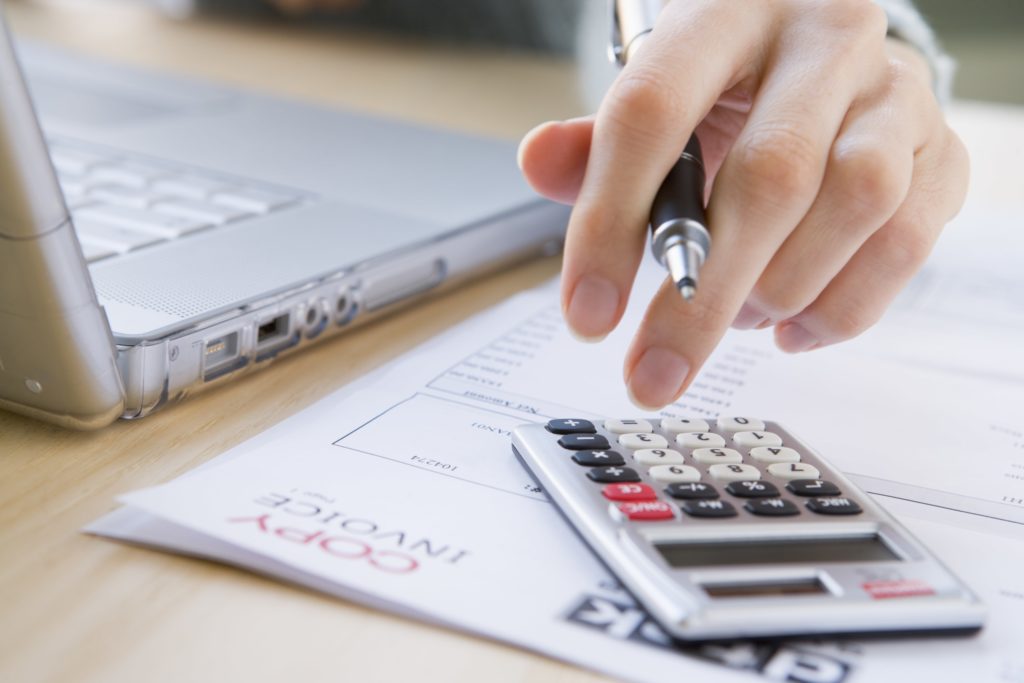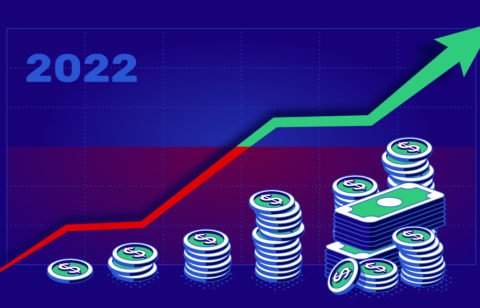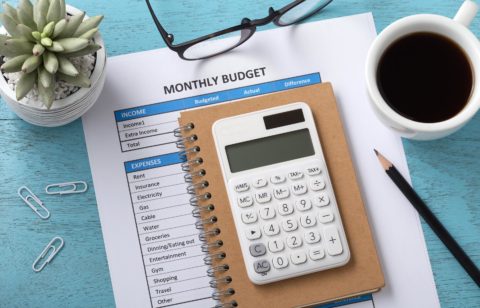Now we are at the last month of 2015, it is time for you to prep your finances for the next year. Although the time may be short, there are certain money resolutions that cannot wait until the new year. You need to look at them now because it will help you prepare your finances so you can improve it when 2016 comes rolling in.
There is something about the changing of years that encourages people to improve their life. And if you want to improve something, you should create a plan to make it happen. According to an article published on LeahyWealthManagement.com, planning for your finances is beneficial because it gives you financial resolve. The article stated that 7 out of 10 Americans are citing money stress as the number one source of their stress. This is the reason why financial planning is very important if you are serious about growing your personal net worth.
Ideally, you want to start early if you want to prep your finances for next year. But although we are already at the end, there are still things that you can do in order to prepare your finances.
Tasks that will prepare your finances for next year
If you want to improve your financial position next year, you have to start by taking a look at what happened this year. That is the only way that you can see just where you are starting from next year. Here are a couple of tasks that you need to take care of so you can prep your finances for the coming new year.
Assess your current budget.
Start by taking a look at your budget. You have to see your current financial position. That is only possible if you look at your budget. In case you do not have a budget plan, you may want to create one. This is how you can analyze both your income and expenses. These two are crucial in helping you understand what you need to change in your finances next year. Are your expenses still the same? Or do you have to add or remove some categories? What about your income? Is it enough to meet all of your financial obligations? Looking at these will allow you to see the specific points in your finances that requires improvement, or revision.
Check your financial goals.
Another thing that will help you prep your finances is by looking at the financial goals that you started in 2015. We all have the habit of setting resolutions at the beginning of the year because that helps us get started on the improvements that we want to happen. According to an article published on PsychologyToday.com, around 50% of the population set resolutions and these include being better at managing their money and reducing debt. Of course, not everyone setting their resolutions are successful in completing them. This is why you need to go back to the resolutions that you made earlier this year. If they have become financial goals, then you are pretty serious about making them happen. You have to check your progress before the end of the year. If you haven’t reached your goals yet or you are not on track, maybe your have set the bar too high and your goals are no longer realistic. You may want to change that by next year so you can enjoy small successes in your financial goals.
Contemplate on your financial mistakes.
You should also look back on the financial mistakes that you committed this year. How was your debt situation? Was it better or did you make things worse? If it was the latter, check what caused you to make a mistake. You want to make sure that you will not commit the same errors.
Make sure payments are up-to-date.
One of the specific areas in your finances that you need to look into is your payments. How were you able to cope with your debt payments this year? Were you able to pay them without any problems? Or did you have to sacrifice some payments because your income was not enough to cover your payments and expenses at the same time? Are you on the brink of defaulting on some of your payments? Or are you about to finish some credit accounts? These are important considerations when it comes to your expenses and payment obligations that you have. If all your payments are making life a lot more stressful, you may have to do something about them next year.
Review your savings and investments.
The last thing that you need to do to prep your finances for next year is to review your savings and investments. This is how you can figure just how much you are really worth this year. If you want to grow your personal net worth, you have to know how much you are currently worth. You need to look at your savings to see if it needs to be increased. For your investments, you have to see if your money is gaining profit from the accounts you are currently maintaining. If not, you may want to shift them to investments that will yield you a higher profit. Once you have your current net worth, benchmark that so you can go back to it at the end of 2016.
How to create your budget for next year
Once you have accomplished all of these tasks, you are only halfway there. There are still some things that you need to do in order to completely prep your finances for next year. While the actual tasks will depend on your specific financial situation and requirements, there is one that you absolutely must have – a budget plan.
This is probably one of the plans that you should never go without. Regardless if your finances are doing great or going down, a budget plan will keep you from making mistakes. This is the best tool that you can have to help you make smart financial decisions. This is why a budget plan should be the first thing on your mind when you prep your finances for the future.
Here are some tips that will help you get started on your 2016 budget plan.
Look back on your expenses. Consider all of the expenses that you made in 2015. If you can go into detail, then that is a great idea. But if not, looking back at the general expenses should suffice. Do you think you used your money well or where there expenses that you wished you did not make? This will help you identify if there were unnecessary drains in your finances.
Set financial goals. The new year is a time to set new goals or to evaluate those that you currently have. No matter what you set, make sure that it is aligned with the type of future that you want to live. While you are setting goals, it is important that they are both realistic and specific. Try not to be vague about your goals because that breeds confusion. You might end up failing to reach your goal. For instance, it is not enough that you set “I will start saving in 2016” as your financial goal. You have to be more specific like “I will save $5,000 by the end of 2016.” While both mean the same, you are more likely to succeed with the second goal.
Plot your expenses. When you prep your finances for next year, part of what you are doing is making a forecast of what you want your finances to go through. This includes your expenses. Specifically, you want to plot the expenses that are not recurring on a monthly basis. The annual, semi-annual or quarterly expenses are those that you usually overlook when you are planning your yearly budget. Map out the expected expenses that you have for 2016. This includes birthdays, holidays, vacations, back-to-school expenses, etc. If you fail to consider these expenses, they can compromise your budget.
Forecast your income. Another forecast that you need to do involves your income. You have to be careful with this one. You do not want to factor in a salary increase if it is not yet implemented. If you know that you will have an increase in the middle of 2016, do not plan major expenses yet. Wait until it really happens before you let your expenses adjust to the salary increase. If possible, you are encouraged to make your savings grow after a raise – instead of making your expenses grow.
Think about your taxes. There are certain tax changes that will take effect next year and it is important for you to be aware of these. According to USAToday.com, these changes include the following:
- Tax Day falls on April 18, not 15. For some states, it is April 19.
- Obamacare tax penalties will rise from $85 to $695.
- Tax brackets will be adjusted for inflation by 0.4% for different taxpayer classes.
- Standard deductions will rise for tax filers that are head of households (between $50 to $9,300).
- Increase in personal exemptions – up to $4,050.
- Limits on contributions toward health savings accounts are rising (e.g. family policies will increase by $100 to $6,750).
- Increase in Earned Income Credit – a hike ranging from $3 to $27.
- Higher exemption from the Alternative Minimum Tax ($300 for single taxpayers while $500 for joint filers).
- Rise in the estate tax exemption (going up by $20,000 from 2015).
Build up your emergency fund. Finally, you have to set up your budget in such a way that will allow you to build up your emergency fund. Even if you have enough funds this year, it pays to give it a boost next year. That way, you can cover any price increase that will happen. It is always a good idea to have more than enough rather than to fall short when you need it the most.
Here is a video from National Debt Relief that discussed the benefits of budgeting that goes beyond your finances.





